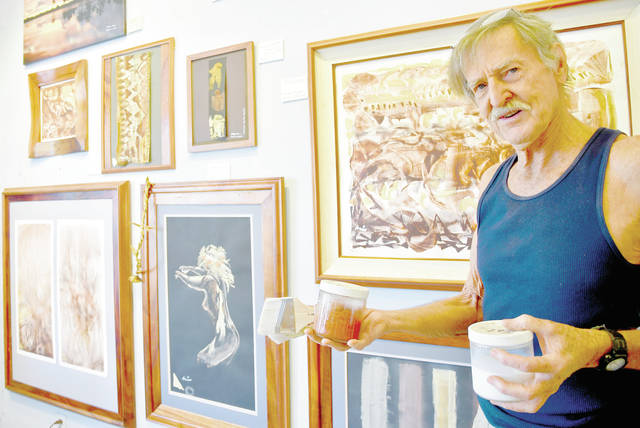Mahalo to Larry J. Arruda for his letter in TGI, Jan. 9, titled “an alternative to traffic congestion and homelessness.”
I endorse the letter and appreciate his thinking outside the box to take on our pressing unsustainable needs. Larry proposes solutions to several of these needs: traffic congestion; tourism congestion; accommodations for them all (including illegal vacation rentals and B&Bs); reducing home rental costs and thereby making rentals affordable for homeless folk. I would like to expand the discussion to another unsustainable: climate change.
They all hang together. On Tuesday, Jan. 8, there was a panel discussion at Kauai Community College, sponsored by NTBG, titled “Resiliency in the Face of Climate Change.” On the 9th, TGI reported a new solar installation in Lawai that brought our renewable level over 50 percent islandwide. Progress.
Not all homelessness is made alike. Economy is just one factor, but there are many others. Some “homeless” can’t, or don’t want to work, for many different reasons. Some prefer to sleep in their vehicles rather than in a stuffy box at home. Some of these we can call “home free.”
Subtropical and surrounded by water, we have some of the best climate in the world. Do we really need these huge boxes filled with all our stuff to survive? Honestly! Some “homeless” are climate refugees escaping to the outdoors as temperatures rise, especially in the summer but, really, anytime. Some simply don’t want to pay the exorbitant rents these days, often exceeding $1,000 per month for some tiny place in the wrong location.
All of this, including traffic congestion, points to our energy consumption: The Sierra Club reports: “The average US citizen uses 24 tons of carbon per year (and the careless wealthy are up to hundreds of tons per year), the average global citizen uses five tons per year.” And we must all get to less than one ton per year to avoid disaster. That is still over 7 billion tons of carbon in the atmosphere that must stay in the ground.
Some of the most sustainable countries in Africa, and most nature-based ethnic hunter-gatherers, are at less than one ton per year. Essentially all products require energy to manufacture, mostly carbon.
The less you consume, the less money you need, so the less you need to work, the less destruction to nature and the less carbon you consume. As Larry points out in his letter: this is win-win.
Let’s change the narrative and tell it like it is:
• Not climate change, but climate chaos;
• Not developed/less developed countries, but less sustainable/more sustainable countries;
• Not “wealthy,” but irresponsibly selfish;
• Not “poor,” but a more sustainable lifestyle;
• Not just the politicians, but everybody must take responsibility for their carbon consumption;
• Not massive codependency, but self-responsibility;
• Not just wind/solar, but off-the-grid independence, hunter-gatherer, permaculture;
• Not just workshops and committee discussions, but meaningful carbon-reduction strategies by everybody;
• Not just a reduction in carbon consumption, but reduction in all consumption above our basic needs;
• Not imported architecture from the mainland, but radically new blueprints and smaller footprints designed for Hawaii;
• Not following obsolete rules that restrict our ability to adapt, but adapt responsibly, flexibly and continually;
• Not “civilization,” but rather it is an unsustainable, and therefore failed culture;
• Not business as usual/asleep at the wheel, but waking up to the new challenges;
• Not problems, but creative searches for new opportunities;.
• Not later, but NOW. We have no time to lose.
We are accelerating down a dead-end road, stepping on the gas, about to hit the wall.
Half of the destruction of nature has occurred in the last 45 years! The pioneers who have found creative ways to reduce their carbon consumption are being hampered and hounded by laws and authorities.
This must change! We are in crisis! Only together can we change our chronic and accelerating unsustainability! All our habits, indulgences, rules, customs, preferences, vices and dependence on authorities must be open to re-examination and change. The cultural creatives and visionaries should be allowed and encouraged in their appropriate experiments. Let’s give them the microphone.
This is the formula for appropriate adaptation.
•••
Arius Hopman is a resident of Hanapepe.


